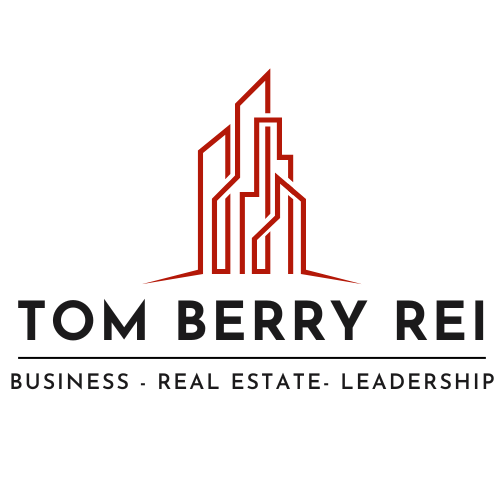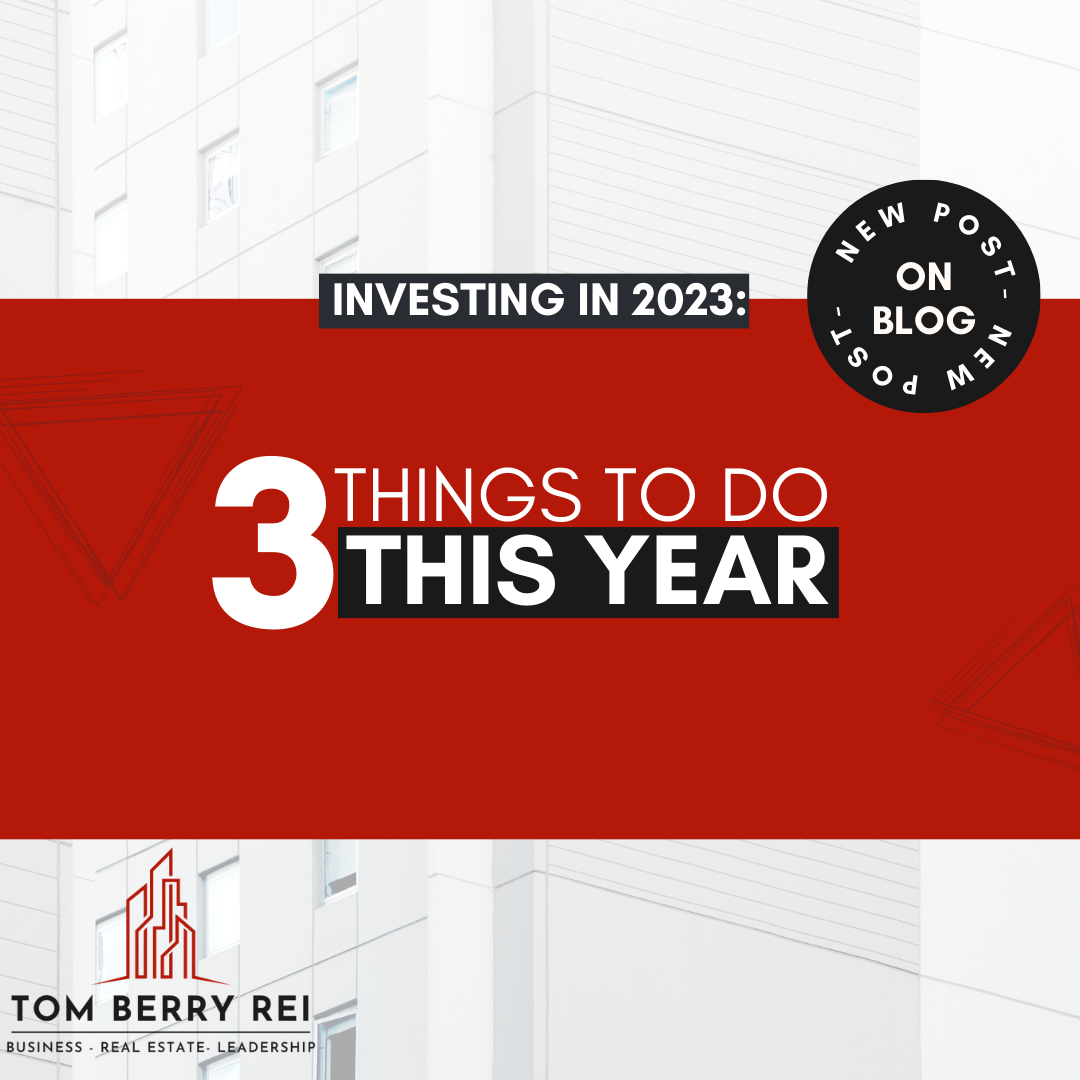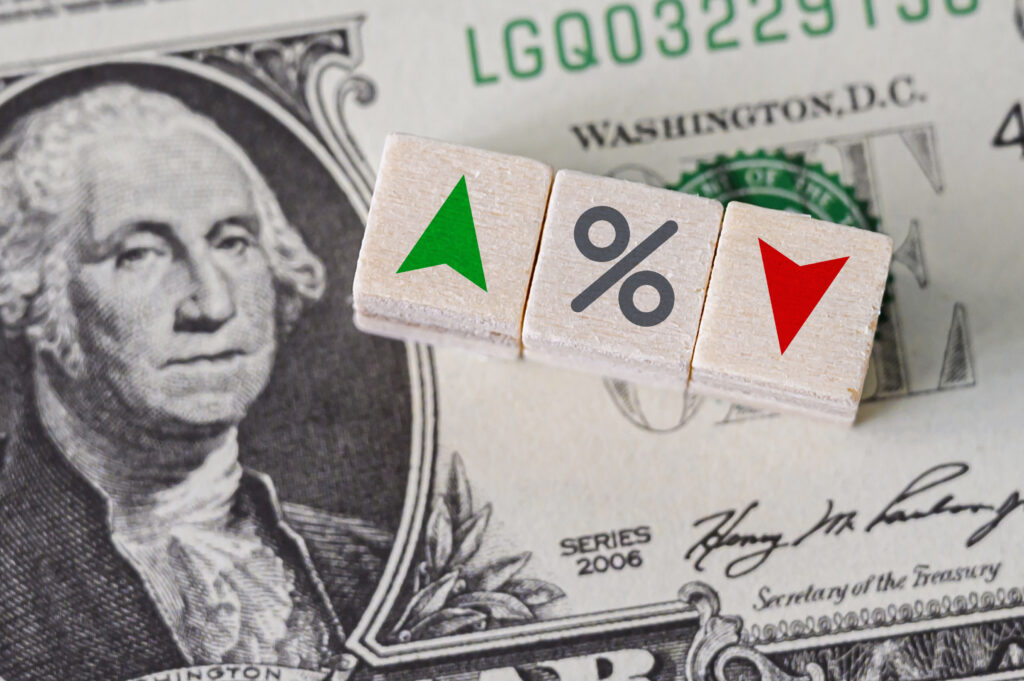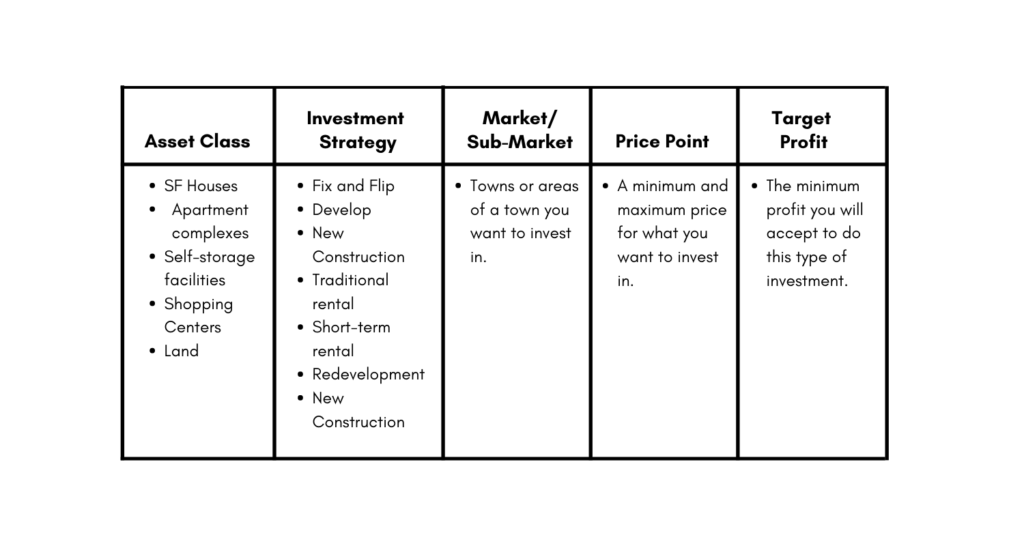Markets are always changing. Going into 2023 many investors are looking for answers for the year ahead and want to know how to invest in a correcting market. While no one knows for certain what the year will bring, there is one thing we do know — there will be opportunities to invest in 2023. Investors should always educate themselves on their local market and make strategic decisions. But what else should you do this year?
Don’t overpay to get a deal!
Let me repeat it for those who just glanced over that — DON’T overpay to get a deal! In the heated seller’s market of the last few years overpaying to get your foot in the door was becoming common. In a correcting market overpaying just to get a deal is setting yourself up for problems, especially with very little equity (or none!) to cushion from market swings, unforeseen repairs, additional holding, and any number of issues that can arise. Do not let a fear of missing out lead you to make rash financial decisions. There will be other deals out there, and if you build a business on overpaying you may not be in a position to buy the good deals once you find them.
Stack your capital.
We’ve all heard it before, and in this uncertain market it still stands as true: cash is king. If you have the ability to save cash now, do so. You never know when a great opportunity might come along and you’ll be able to secure it because you have enough cash on hand to make an offer. If you can’t beat your competition on price, you can compete by having the money to make a deal happen. If you have cash-flowing assets in your portfolio or are cashing in equity, be sure to stack that aside and be ready to invest in what opportunities this year will bring.
Build your network.
One of the most important things in investing (in every market cycle) is to build your network. Having a strong network will help you learn more about the industry, find partners with skills that complement yours, and get advice on how best to invest your money.
Investors who are successful at building their networks have one thing in common: they’ve worked hard at it. They’ve made it a priority and spent time reaching out to people they don’t know (or barely know), asking them questions about themselves and their businesses or careers — and then listening carefully as those people answered those questions. And not just any questions: good ones. The more you know about the people in your network and what they do, the more valuable they’ll be as resources when you need advice or help with something specific.

















